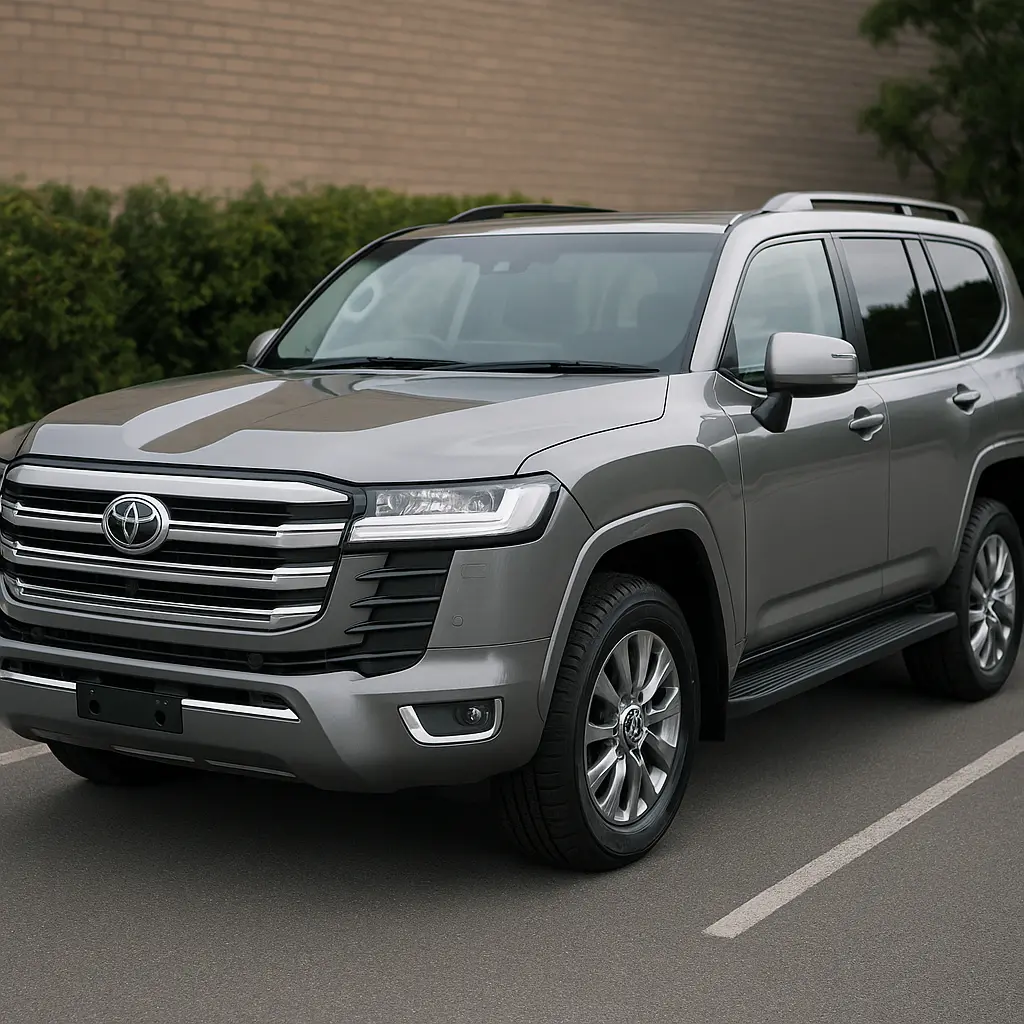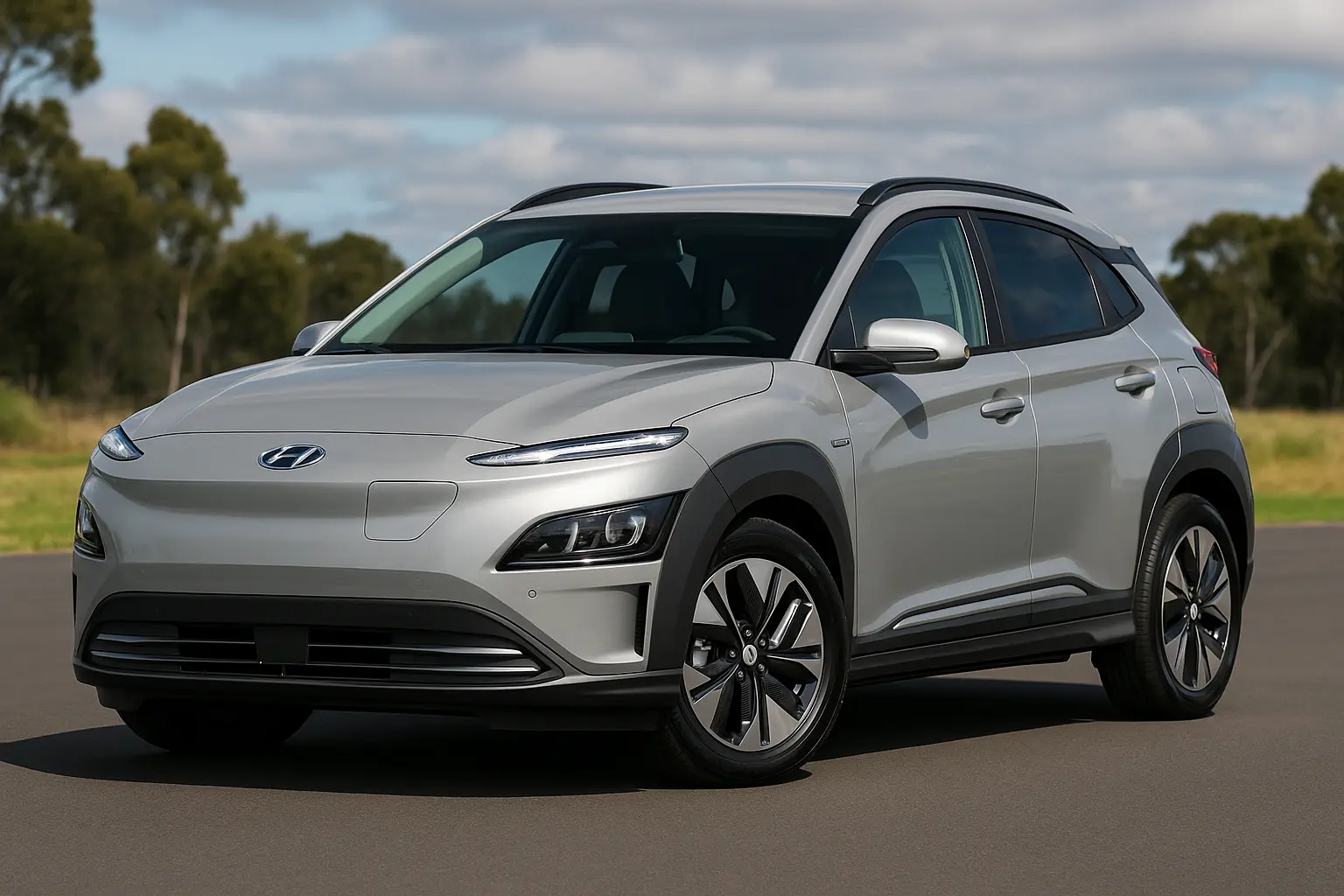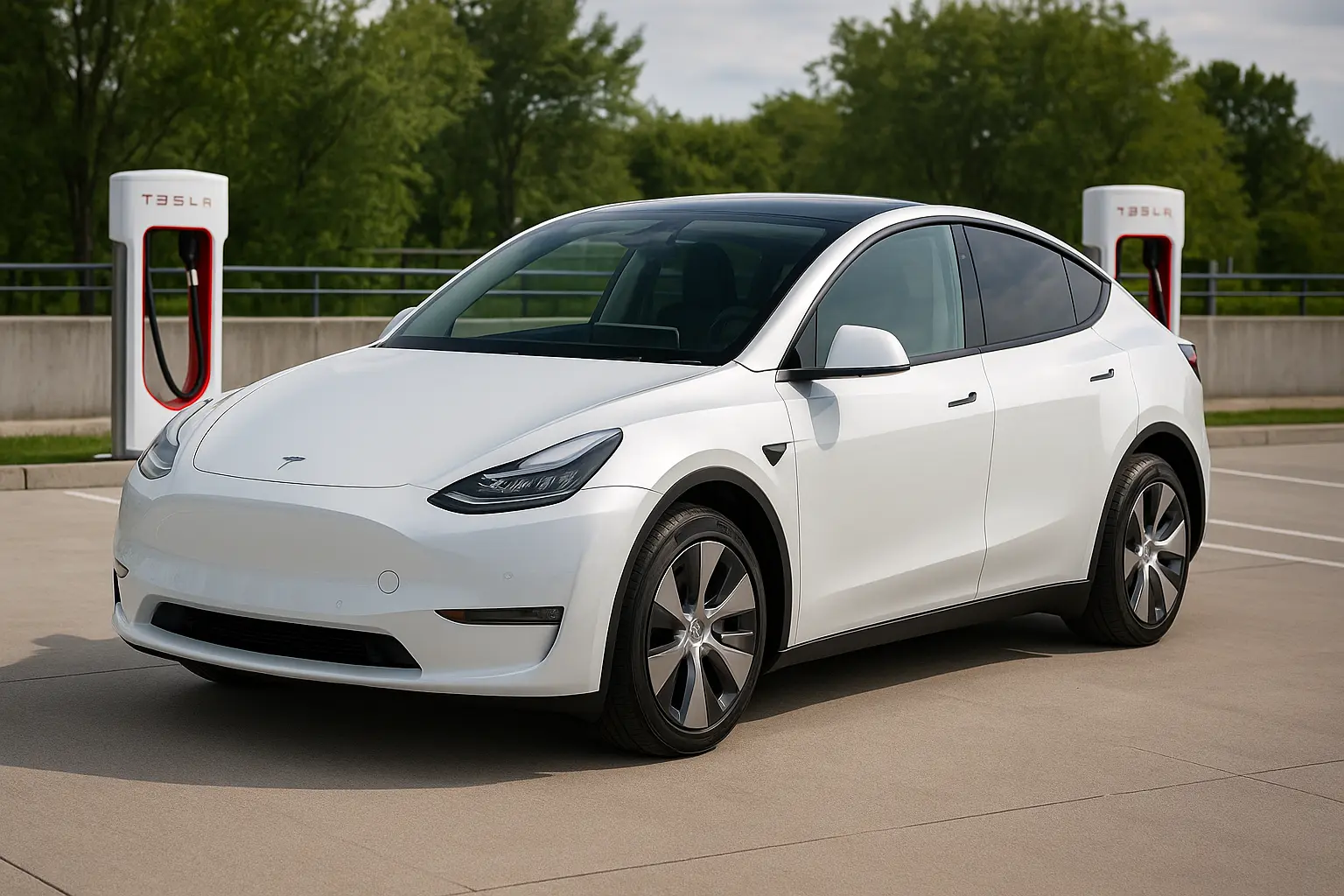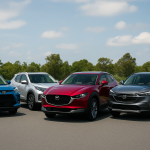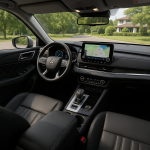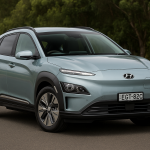When buying a new car in Australia, most people think about price, features, and running costs. But one factor often overlooked is resale value. A car isn’t just a mode of transport—it’s also one of the biggest financial investments most Australians make. How much your vehicle will be worth in three, five, or ten years can significantly influence the total cost of ownership.
Some cars lose nearly half their value within the first three years, while others retain much more, giving you a better return when it’s time to sell or trade in. Understanding car resale value in Australia helps you make a smarter purchase, especially in a market where economic changes, fuel trends, and brand reputations affect buyer demand.
This guide takes a deep dive into the topic, examining which brands and models hold value best, what factors influence depreciation, and how you can protect your car’s resale price.
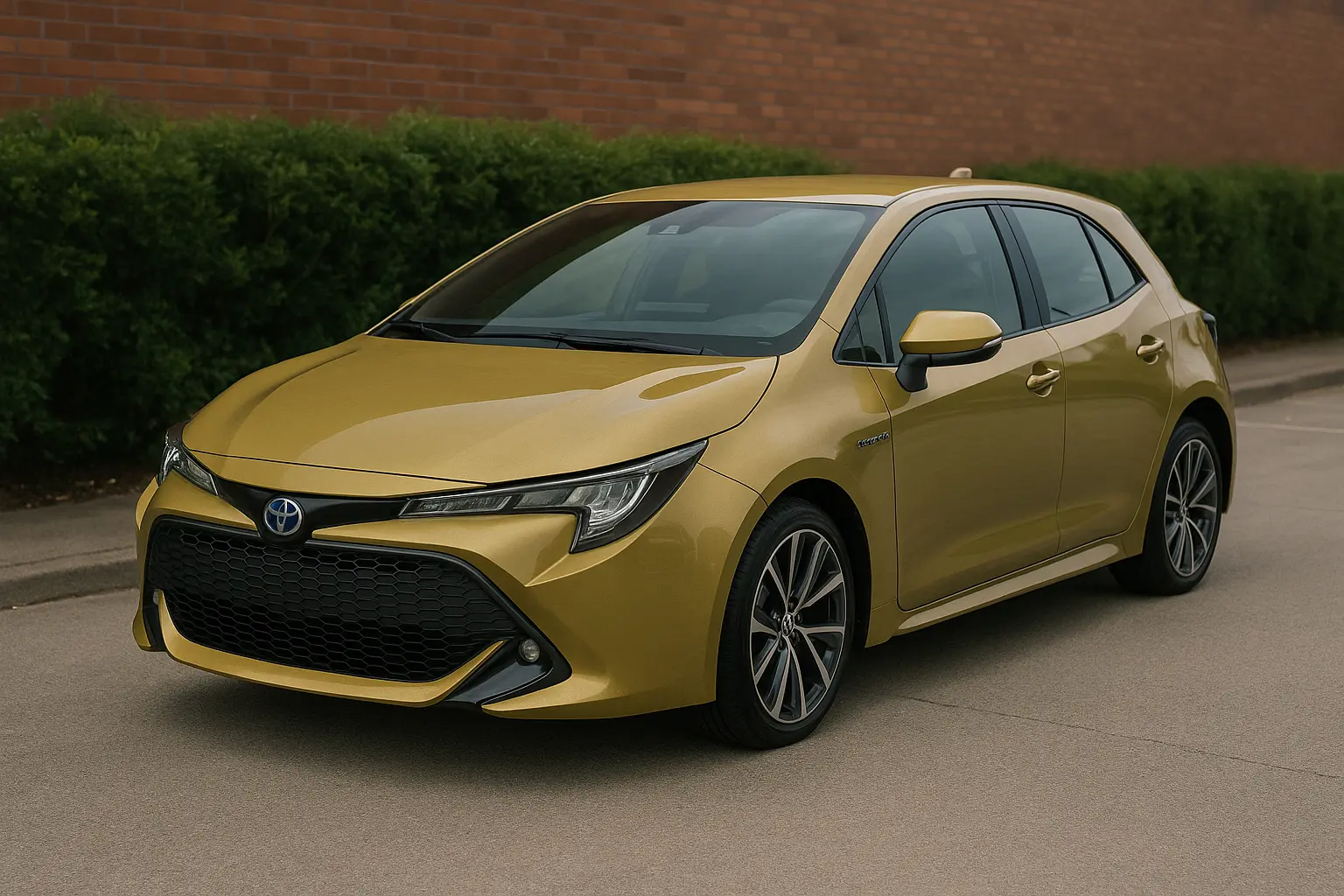
What Is Car Resale Value?
Car resale value refers to the amount of money your vehicle is worth when you decide to sell it on the used market. This can be to a dealer, via private sale, or through platforms like Carsales and Gumtree.
Resale value is different from trade-in value, which is usually lower because dealers need to factor in reconditioning costs and profit margins. Resale value is also not fixed—it changes depending on demand, supply, brand reputation, and even global events like fuel price spikes or supply chain shortages.
Why Resale Value Matters in Australia
Australia has a diverse automotive market with buyers spread across metro, regional, and remote areas. Here’s why resale value is particularly important for Australian car owners:
High vehicle ownership costs: Cars in Australia are often more expensive than in other markets due to taxes, shipping, and compliance. Protecting your investment matters more.
Changing fuel preferences: With EVs, hybrids, and traditional petrol/diesel cars on sale, market trends shift fast. Some buyers are wary of resale uncertainty.
Strong demand for certain types: Utes, SUVs, and fuel-efficient hatchbacks often hold value better because they appeal to families, tradies, and budget buyers.
Geography impacts demand: In regional areas, diesel 4x4s may command a premium, while city buyers may prefer hybrids or small cars.
Key Factors Affecting Car Depreciation
Several factors determine how fast a car loses value in Australia:
Brand Reputation
Brands with strong reliability records like Toyota, Mazda, and Subaru usually hold value better than those with higher repair costs or limited parts availability.
Vehicle Type
SUVs and Utes: In constant demand, especially 4x4s and dual cabs.
Hatchbacks: Affordable to run, making them popular in cities.
Luxury Sedans: Often depreciate faster due to expensive maintenance.
Fuel Type
Diesel Utes/SUVs: Traditionally strong, but with rising EV adoption, long-term outlook is shifting.
Hybrids: Growing popularity in Australia keeps their resale strong.
EVs: Still evolving—battery concerns can hurt value, but demand for models like Tesla is keeping prices stable.
Mileage and Usage
A high-kilometre car usually sells for less, but a well-maintained country car can sometimes be more attractive than a city-driven vehicle with stop-start wear.
Maintenance History
Cars with full logbook service records often command a premium.
Popularity and Availability
If a model is in high demand but low supply, resale value climbs. For example, Toyota LandCruisers have historically been extremely strong on resale due to their scarcity.
Cars That Hold Their Value Best in Australia
Certain vehicles have proven track records in Australia when it comes to strong resale. Here are the main categories:
Toyota LandCruiser
A legend in Australia, the LandCruiser is prized for reliability, off-road ability, and longevity. Demand in both city and rural markets keeps prices high—even older models command excellent resale.
Toyota Hilux
Australia’s top-selling ute for years. Tradies, families, and off-road enthusiasts all want one, keeping its value strong in both new and used markets.
Ford Ranger
Now rivaling the Hilux in popularity, the Ranger’s mix of power, towing ability, and lifestyle appeal gives it excellent resale strength.
Subaru Outback and Forester
Subaru’s reputation for safety and all-wheel drive systems means buyers trust these models, keeping used demand high.
Toyota Corolla
Australia’s favourite small car. Affordable, fuel-efficient, and reliable, the Corolla remains a resale champion, especially in metro markets.
Mazda CX-5
One of the most popular mid-size SUVs in Australia. Its wide buyer base ensures steady resale values.
Tesla Model 3
One of the few EVs with consistently strong resale. Tesla’s brand recognition and charging network make it more attractive than many rivals.
Cars That Depreciate Faster
Not all vehicles fare equally. Some categories lose value quickly:
Luxury sedans from European brands: Cars like BMW 7-Series or Audi A8 lose value rapidly due to high ownership costs.
Niche convertibles: Fun but limited market demand in Australia.
Lesser-known EV brands: Battery replacement fears and limited service networks hurt resale.
Tips to Maximise Your Car’s Resale Value
Keep a Full Service Record
Buyers pay more for a car with stamped logbooks showing consistent servicing.
Choose Neutral Colours
White, silver, and black cars usually resell better than unusual colours.
Limit Modifications
Overly customised vehicles may put off buyers. Subtle accessories (tow bars, roof racks) can help, but avoid major engine or suspension changes.
Protect the Interior
Keeping seats, carpets, and trims in good condition pays off when it’s time to sell.
Consider Fuel Trends
If you’re buying now with an eye on resale, hybrids and fuel-efficient vehicles are safer bets as fuel costs remain high.
Sell at the Right Time
Don’t wait until your car is outdated. Selling while demand is still strong—before a new generation launches—can fetch you a better price.
Regional Differences in Resale Value
Australia’s geography plays a big role:
Metro cities: Hybrids, EVs, and hatchbacks have strong resale in Sydney and Melbourne.
Regional areas: Diesel 4x4s and utes dominate.
Coastal regions: Corrosion-resistant vehicles with strong service records do better.
The Future of Resale Value in Australia
The Australian car market is evolving rapidly:
EV adoption: As charging infrastructure grows, EV resale may strengthen, but battery health will remain a key factor.
Hybrid boom: Toyota hybrids in particular are expected to maintain strong resale.
Subscription models: With more Australians experimenting with car subscriptions, resale dynamics could shift.
Final Thoughts
Car resale value in Australia is more than a side concern—it’s central to smart car ownership. Choosing models known for reliability, popularity, and efficiency helps you protect your investment. Brands like Toyota, Mazda, Subaru, and Tesla lead the way, while European luxury sedans often fall short.
By keeping your car well-maintained, understanding market trends, and timing your sale right, you can maximise returns when it’s time to part ways with your vehicle.
Whether you’re buying new or used, thinking about resale from the start ensures your car doesn’t just get you from A to B—it keeps more money in your pocket in the long run.
Leave a comment
Your email address will not be published. Required fields are marked *


